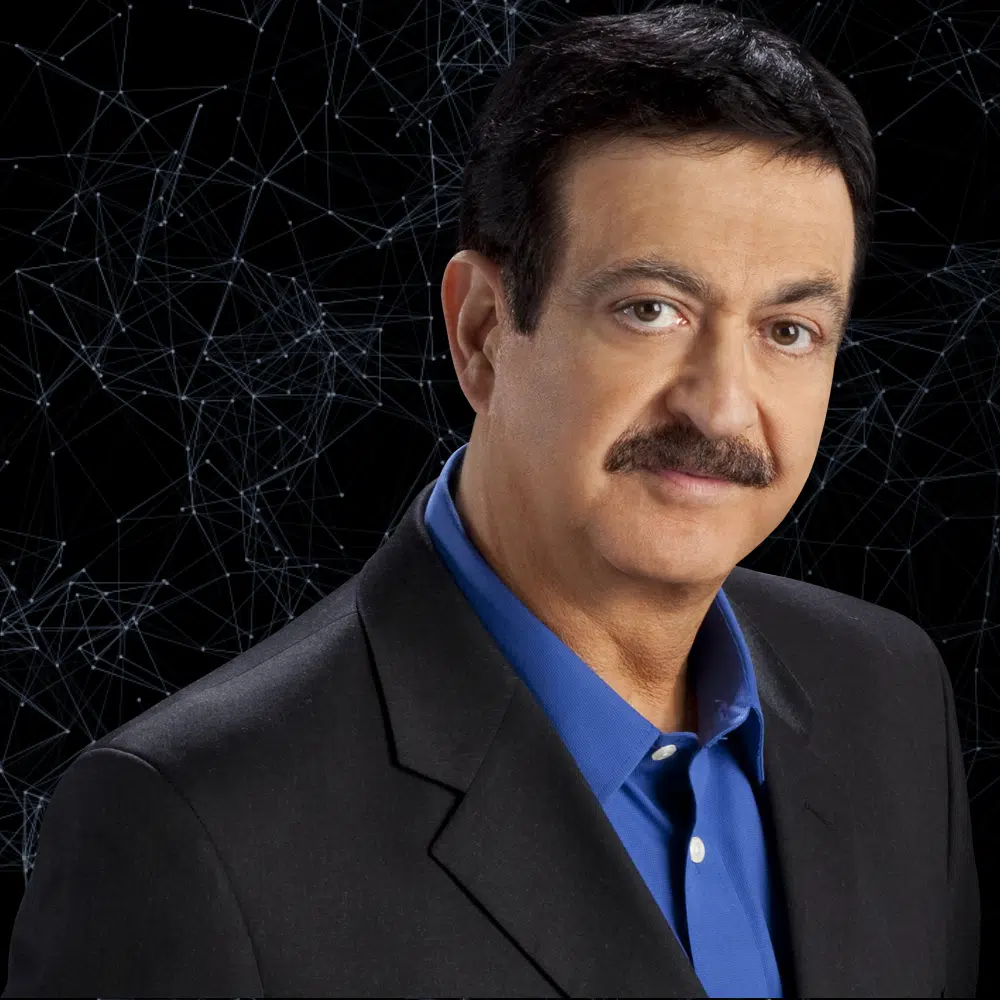By Jonathan Allen
NEW YORK (Reuters) -Agents from U.S. President Donald Trump’s administration arrested a Palestinian graduate student who played a prominent role in last year’s pro-Palestinian protests at New York’s Columbia University, the student workers’ labor union said on Sunday.
The student, Mahmoud Khalil at the university’s School of International and Public Affairs, was arrested by U.S. Department of Homeland Security agents at his university residence on Saturday, the Student Workers of Columbia union said in a statement.
Khalil has been one of the lead negotiators with school administrators on behalf of the pro-Palestinian student protesters, some of whom set up a tent encampment on a Columbia lawn last year and seized control of an academic building for several hours in April before police entered the campus to arrest them. Khalil was not in the group that occupied the building, but was a mediator between Columbia provosts and the protesters.
Khalil’s detention appears to be one of the first efforts by Trump, a Republican who returned to the White House in January, to fulfill his promise to seek the deportation of some foreign students involved in the pro-Palestinian protest movement. The October 7, 2023, Hamas attack on Israel and subsequent Israeli assault on Gaza led to months of pro-Palestinian protests that roiled U.S. college campuses.
Khalil’s wife is an American citizen and he has a permanent residency green card, the union said. He remained in detention on Sunday. Khalil’s wife declined to comment through one of Khalil’s fellow students.
A spokesperson for Columbia said the school was barred by law from sharing information about individual students.
Spokespeople for Trump, the Department of Homeland Security and the Department of State, which oversees the country’s visa system, did not respond to questions. It was not immediately clear on what grounds DHS agents arrested Khalil.
In an interview with Reuters a few hours before his arrest on Saturday about the Trump administration’s criticism of Columbia, Khalil said he was concerned that he was being targeted by the government for speaking to the media.
TRUMP CANCELS CONTRACTS
The Trump administration on Friday said it had canceled government contracts and grants awarded to Columbia University worth about $400 million. The government said the cuts and the student deportation efforts are because of antisemitic harassment at and near Columbia’s Manhattan campus.
“What more can Columbia do to appease Congress or the government now?” Khalil said before his arrest, noting that Columbia had twice called in police to arrest protesters and had disciplined many pro-Palestinian students and staff, suspending some. “They basically silenced anyone supporting Palestine on campus and this was not enough. Clearly Trump is using the protesters as a scapegoat for his wider agenda fighting and attacking higher education and the Ivy League education system.”
In response to the announced grant cuts on Friday, Columbia’s interim President Katrina Armstrong said the school was committed to combating antisemitism and was “working with the federal government to address their legitimate concerns.”
Khalil and his fellow protesters have been demanding for several years that Columbia University end investments in weapons manufacturers and companies that support Israel’s military. Columbia said last year it would consider expediting some of the students’ demands through its investments committee.
FRIEND ‘HORRIFIED’ BY ARREST
Maryam Alwan, a Palestinian American senior at Columbia who has protested alongside Khalil, said the Trump administration was dehumanizing Palestinians.
“I am horrified for my dear friend Mahmoud, who is a legal resident, and I am horrified that this is only the beginning,” she said.
U.S. Secretary of State Marco Rubio said last week that international students who support Hamas, the Islamist militant group that the U.S. has designated as a terrorist organization, face visa revocation and deportation.
On Thursday, Columbia issued a revised protocol for how students and school staff should handle agents from U.S. Immigration and Customs Enforcement seeking to enter private school property.
The school said ICE agents without a judicial arrest warrant may be allowed to enter its private property in “exigent circumstances,” which it did not specify.
“By allowing ICE on campus, Columbia is surrendering to the Trump administration’s assault on universities across the country and sacrificing international students to protect its finances,” the Student Workers of Columbia said in its statement.
Khalil lives in a university apartment building near Columbia’s main gated campus.
(Reporting by Jonathan Allen; Editing by Scott Malone and Lisa Shumaker)




Comments